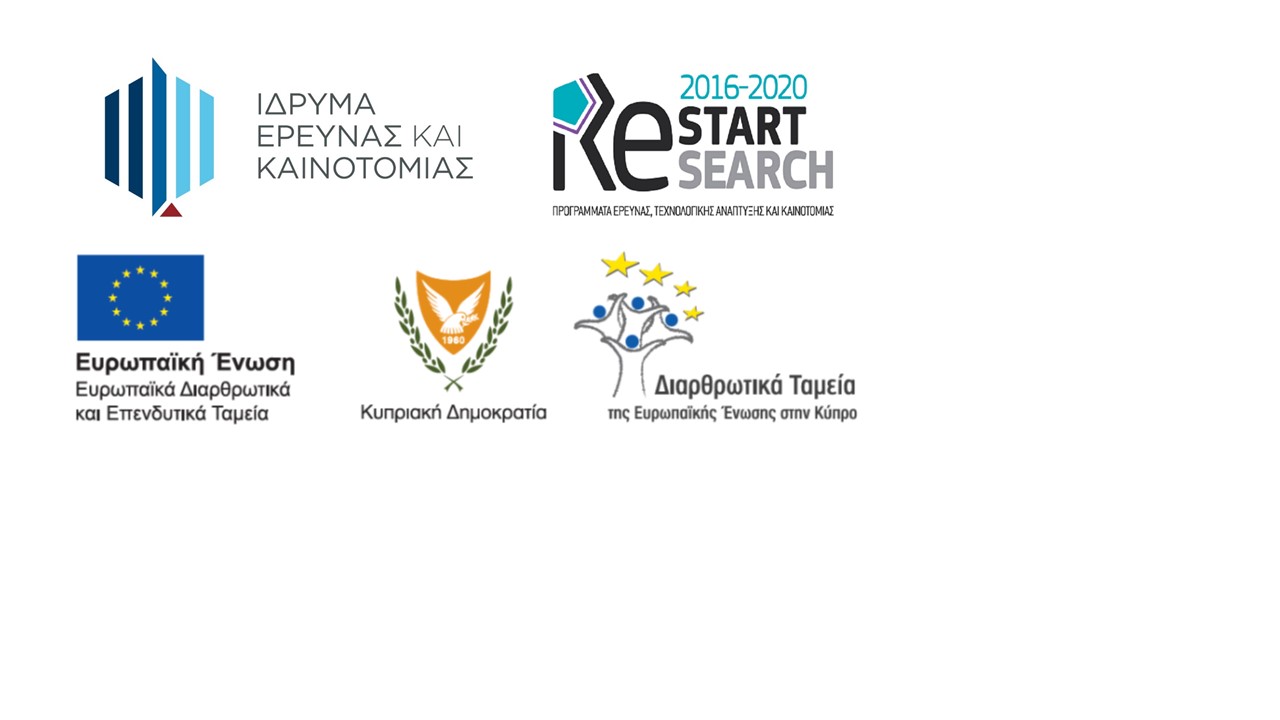NITOXILICO
“Nickel Leaching from Cardiovascular Stents: Development of an In Silico Toxicokinetic Model”
(POST-DOC/0916/0237)
Ranked 1st among 193 submitted proposals
Metal implants experience different levels of wear and corrosion due to the mechanical and biochemical environment at the implantation site. Many alloys used in cardiovascular devices contain high levels of nickel, which if released in sufficient quantities can give rise to several adverse health effects. Despite a recent strong FDA interest, there is currently no recognized standard test method for metal ion release from medical implants. While nickel release from these devices is typically characterized through in vitro immersion tests, it is debatable whether in vitro to in vivo correlations are representative of the release rate following implantation in the body. To address this uncertainty and improve nonclinical testing, this study aims to develop an in silico toxicokinetic model to determine concentrations of released nickel ions from cardiovascular stents into the human body over time.
The proposed model will combine a toxicokinetic with a physics-based diffusion compartment and will be parameterized using data derived from in vitro immersion tests and stent implantation studies in mice. The predictive value of the developed in silico model will be validated against clinical data and after successful extrapolation to reflect human physiology, the fine-tunedmodel will be utilized to determine the distribution of nickel in the body based only upon relatively straightforward in vitro experiments.
The study will significantly improve the nonclinical methods used to evaluate corrosion in biomedical implants and will provide cardiovascular device manufacturers with a useful analytical tool to assess corrosion susceptibility and nickel leach to meet the clinical acceptance criteria. The project offers a potential solution to a health care issue of immense societal and economic importance and at the same time will act as a catalyst in assisting the Young Researcher to upgrade his research and innovation competencies and accelerate his career development within the research infrastructure of Cyprus.
Consortium: Cyprus University of Technology (HO), NovaMechanics Ltd (PA1) and CP Foodlab (PA2)
Duration: 2018-2020
Total budget: €159,999
Funding Agency: The Project is co–funded by the European Regional Development Fund and the Republic of Cyprus through the Research & Innovation Foundation.
Workshop:
Prognostic Modeling for Cardiovascular Implant Toxicology, 22 December 2020 (NITOXILICO Workshop_Invitation)


